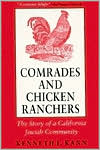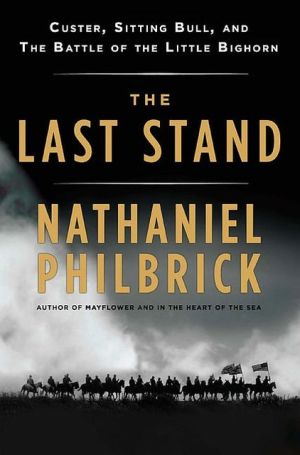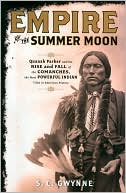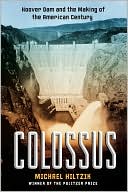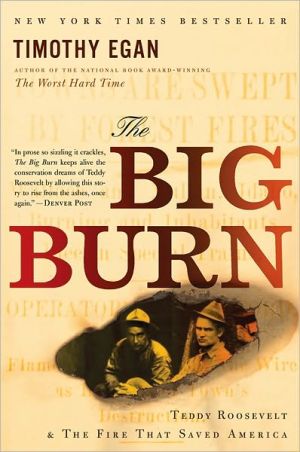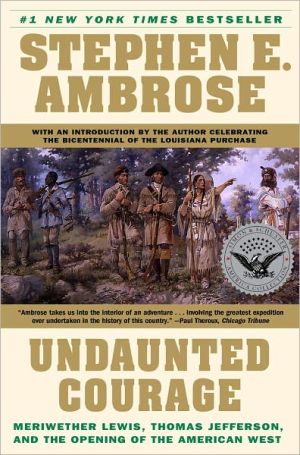Comrades and Chicken Ranchers: The Story of a California Jewish Community
Search in google:
AcknowledgmentsIntroduction11Two Khaverot, Two Comrades152"I Found a Shtetl in California"283"Here the Kelleys Live in Town and the Cohens Live on the Farm"454"In the Darkest Days of the Depression, We Were as Kosher as They Came"645"Politics We Had Plenty"836"You Heard What They Did to Hochman?" A Jewish Chicken Rancher Is Tarred and Feathered1027"There Was No Such Thing as a Babysitter": The American-Born Generation1218"When There's a War It Gets Busy"1379"Geknipt Un Gubundn"- "The Community Was Tied and Knotted Together": The "Golden Age" after World War II15710The "Grine": Refugees from the Holocaust17811The "Split": The Cold War in Petaluma19912"They Just Came in and Took Your Place": Family Farming in Crisis22113Searching for Jewish Identity in the 1950s24314"Raised with an American Lullaby": The Third Generation26215"A Temple Like Santa Rosa's"282
\ From the Publisher"This book is a portrait of the Petaluma Jewish community from the early years of the century to the present day. . . . Kenneth L. Kann interviewed more than two hundred residents, representing three generations of Jewish Americans. The picture that emerges from their testimony is of a wonderfully animated and fractious community. . . . Its history blends many of the familiar themes of American Jewish life into a richly individual tapestry. . . . In the first few decades of this century, many Jewish immigrants from Russia and Eastern Europe wound up in Petaluma. . . . This first generation of chicken farmers consisted largely of educated, often professional men and women; many were drawn to chicken farming as much by Marxist or Zionist beliefs in the dignity of labor as by economic necessity. They helped establish the particular character of a community, with its combination of arduous work and cultural aspiration."-Joshua Kosman, San Francisco Chronicle\ \ \
